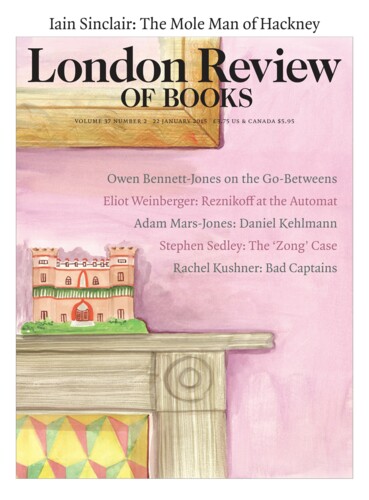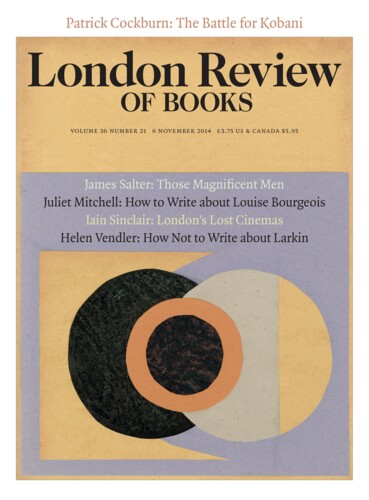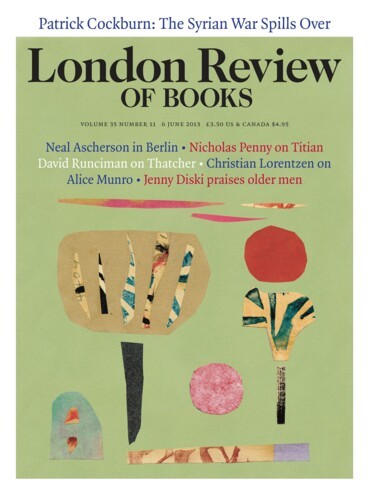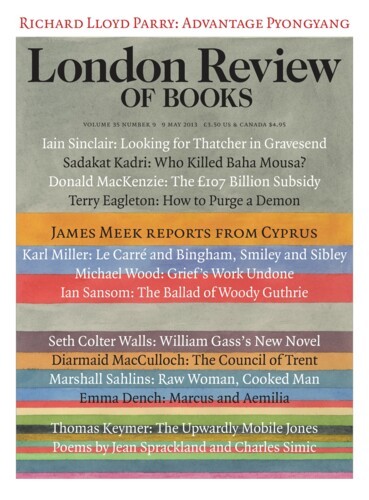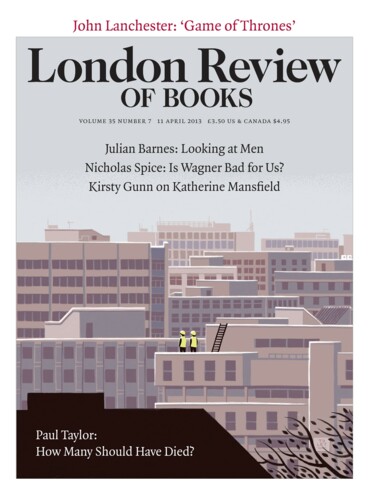Into the Underworld: The Hackney Underworld
Iain Sinclair, 22 January 2015
They dig and the earth is sweet. The Hackney Hole is eight square metres, straight down through the lawn of a decommissioned rectory. This secret garden is separated from St Augustine’s Tower by a high wall of darkly weathered brick. The proud stub of the square tower is all that remains of Hackney’s oldest ecclesiastical building, a 16th-century revision of the 13th-century church founded by the Knights of St John. The Hole is a statement and it is properly capitalised. The labourers, a self-confessed art collective, work the Hole by hand, with pick and shovel, turn and turn about.
